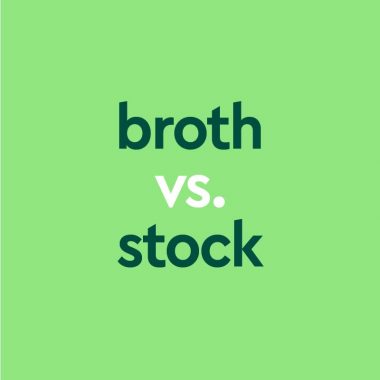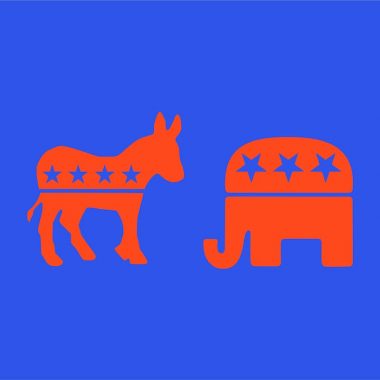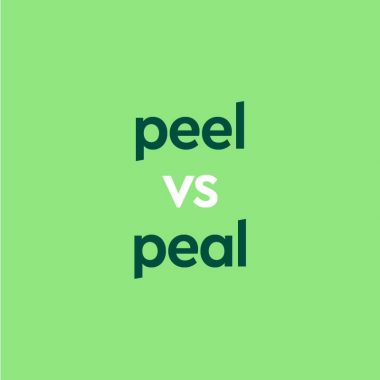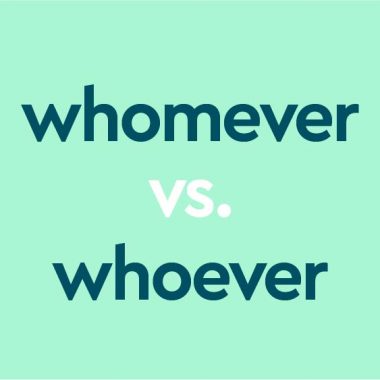What Are Context Clues?
When you come across an unfamiliar word while reading, how do you try to understand its meaning? Chances are you use context clues—even if you’ve never heard of that term. Faced with a sea of unfamiliar words, beginning readers learn many techniques for decoding words and expanding their vocabularies. Teachers use the term decoding to refer to the ability to see a written word and read it …











